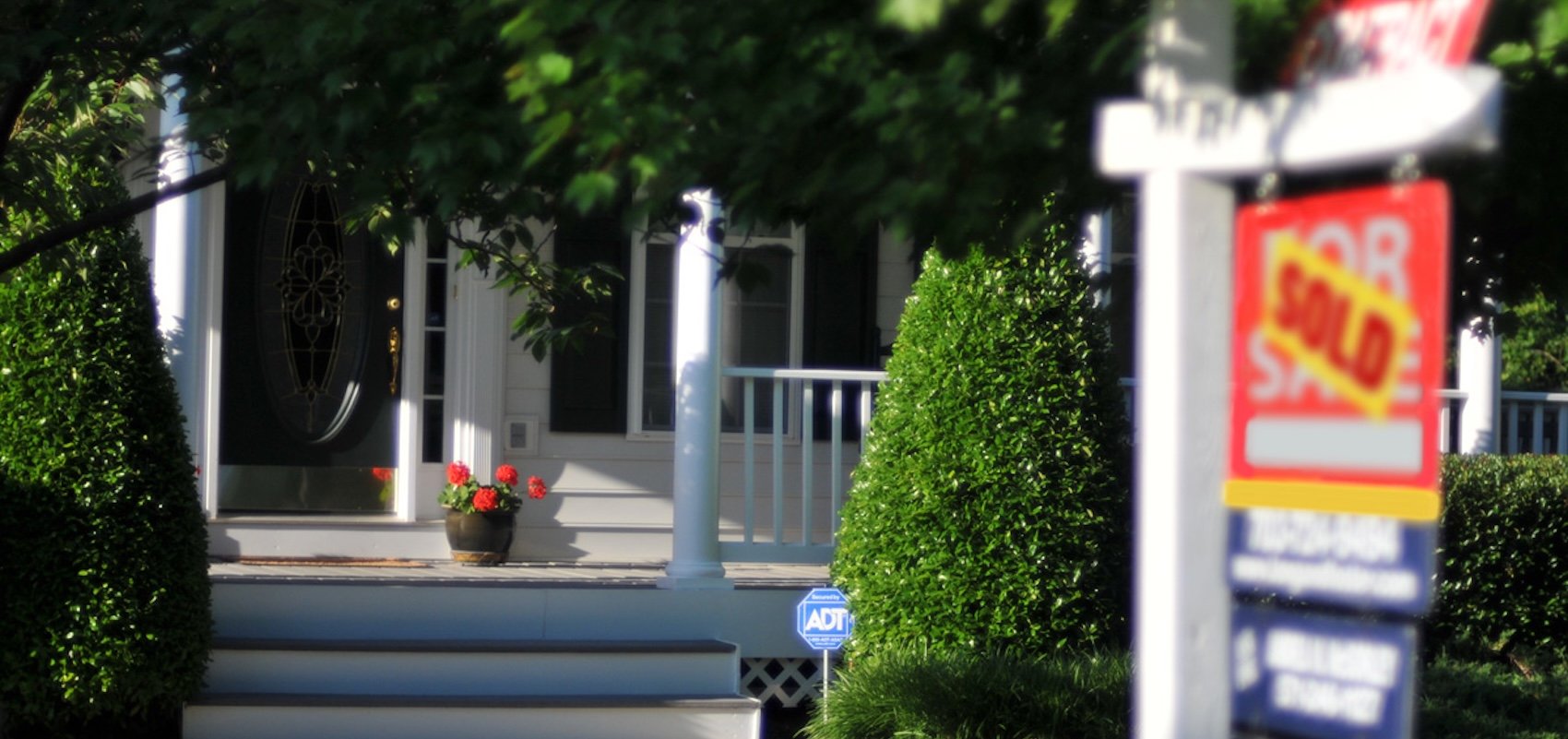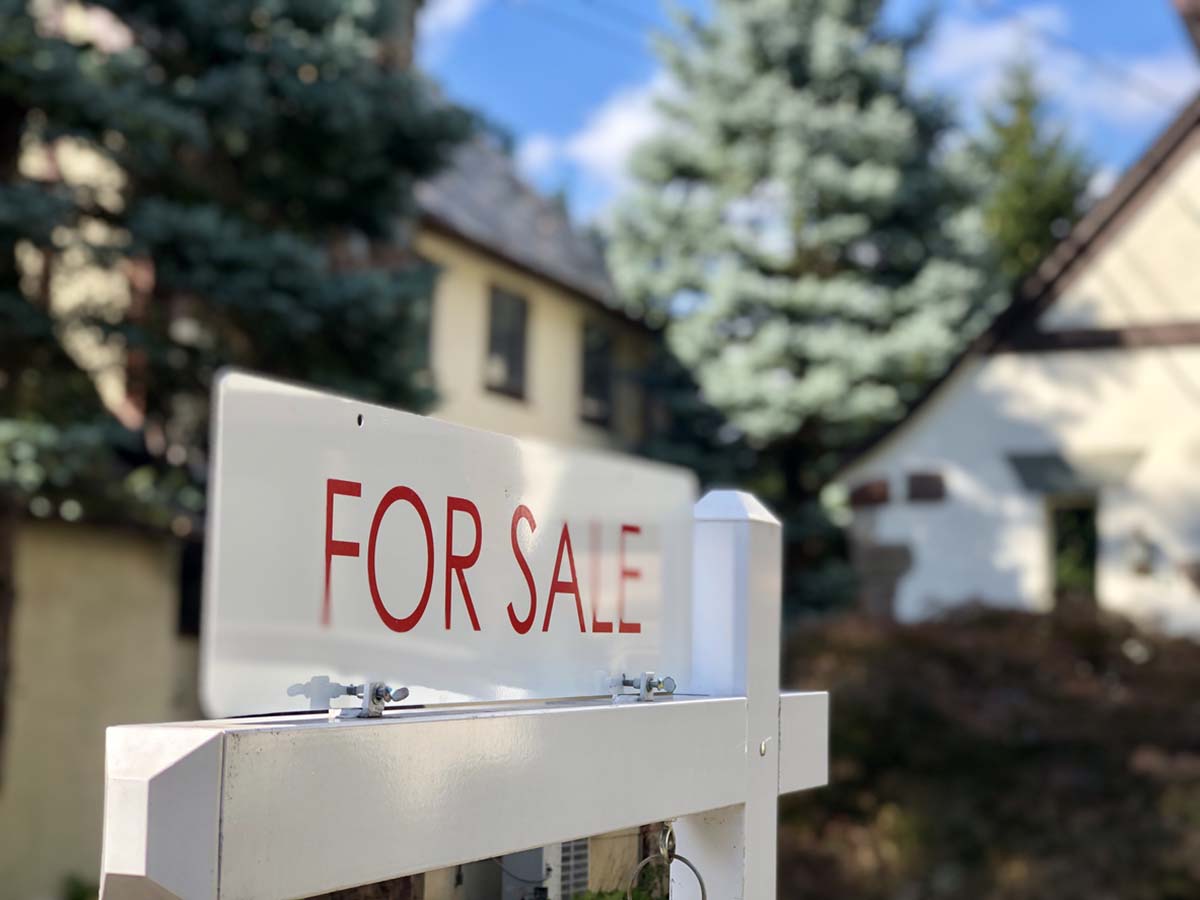S
aturday Night Live’s recent sketch, a tongue‑in‑cheek ad, highlighted a modern reality: people are turning to Zillow not to buy or sell homes, but to indulge in day‑dreams of a life they can’t afford. The ad opens with a group of young actors, joined by host Dan Levy, who flirt with the camera and then slide through Zillow’s listings, treating each photo like a fantasy. The humor lands because the site, with 227 million monthly users, has become a virtual playground for those who want to escape into imagined lifestyles.
Zillow was created to simplify real‑estate transactions, yet data shows that 83 % of its traffic is non‑transactional. Users spend minutes scrolling through properties that are out of reach, imagining themselves in a spacious ranch‑style home on a large lot. This obsession reveals a deeper craving: a desire for a home that offers a meaningful life, not just a square‑foot price tag.
Scott Harris, a New York City broker who has sold properties worth more than the GDP of some countries, has witnessed this phenomenon firsthand. In his book *The Pursuit of Home*, he blends practical advice for home buyers with a reflective meditation on America’s fixation with real‑estate. Harris argues that the industry’s concrete nature—finite units and buildings—contrasts sharply with the intangible, fleeting allure of online listings.
He points out that nearly a third of America’s largest homes sit empty, while growing families struggle to find suitable spaces. Institutional investors now own 10 % of all apartments and captured a quarter of single‑family homes in 2023, turning the nation from a community of homeowners into a market of renters beholden to corporations.
Beyond these structural problems, Harris identifies a subtler, yet more damaging, issue: the “Zillow mindset.” Technology has loosened the physical bonds that once anchored us to our neighborhoods. Remote work, frequent relocations, and the lure of tiny houses or short‑term rentals have eroded community ties. The internet has turned home ownership into a frantic chase for instant gratification, much like how pornography reshaped human sexuality—reducing a complex, trust‑based pursuit into a shallow, fleeting experience.
Consequently, the role of the real‑estate agent has evolved. In the early 2000s, agents were the “land sharks” who first spotted a property before anyone else. Today, a good agent acts more like a counselor, listening to buyers’ true needs and guiding them past the distractions of Zillow’s endless options. Harris recounts stories of clients who, after several conversations and open‑house visits, realized that their initial wish for a larger, newer home was rooted in deeper personal misalignments—strained marriages, career pressures, or a misplaced sense of status.
Only half of Americans are satisfied with their homes, Harris notes. By shifting from a transactional mindset to one of “home‑making,” people can invest in spaces that reflect their values and support their well‑being. This approach not only leads to happier consumers but also fosters a more connected, grounded nation—one that feels tethered to the land and to each other, rather than chasing a virtual ideal.
Harris’s book is a call to action: read it, whether you’re buying a house or simply want to understand how our obsession with real‑estate shapes our lives. It offers a roadmap for turning the pursuit of a home into a pursuit of a better life.













